An alleged mermaid body fished out in the early 1900s was analysed as scientists hoped to get to the bottom of the creepy figure, which turned out to be parts of a monkey, fish and reptile combined
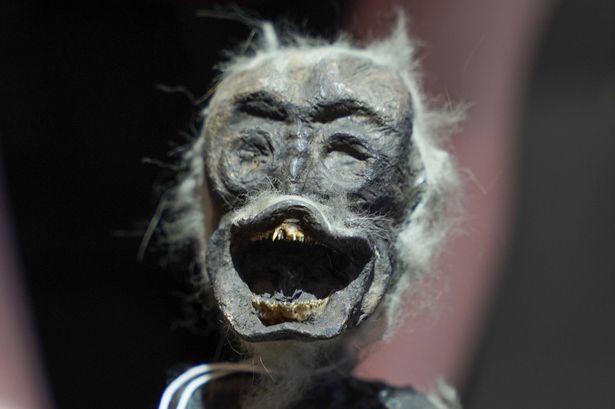
A mysterious “mermaid” mummy is part fish, part monkey and part reptile, according to scientists who carried out tests on ‘Frankenstein’s monster’.
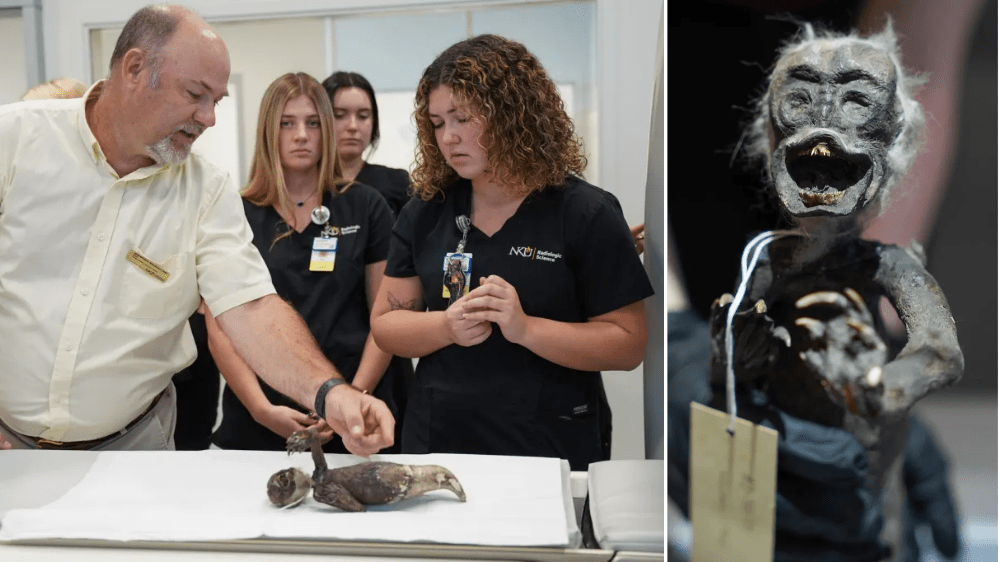
The creepy mummified entity, brought back to shore by an American sailor in Japan and eventually donated to the Clark County Historical Society in Ohio, United States, back in 1906, was analysed by experts after questions arose as to what exactly it was comprised of.
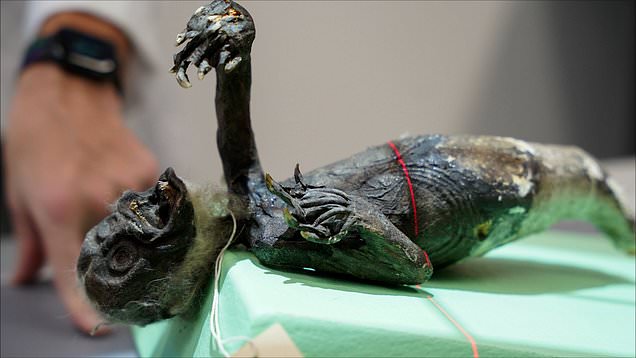
The “Frankensteined” body of oversized claws, a grimacing face and a fish-like lower half covered in a drape of long, grey hair, had puzzled expert, but they now have definitive answers.
After the beast was X-rayed and CT scanned for the first time Joseph Cress, a radiologist at Northern Kentucky University, said: “It seems to be a hodgepodge of at least three different species externally.
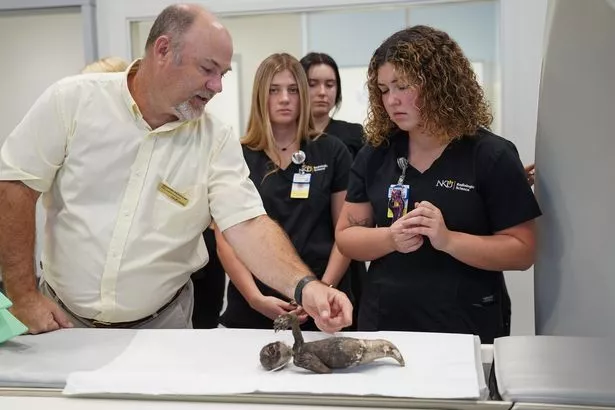
“There’s the head and torso of a monkey, the hands seem to be that of an amphibian almost like an alligator, crocodile or lizard of some sort.
“And then there’s that tail of a fish – again, species unknown.” He added: “It is obviously fashioned, almost Frankensteined together – so I want to know what parts were pulled together.”
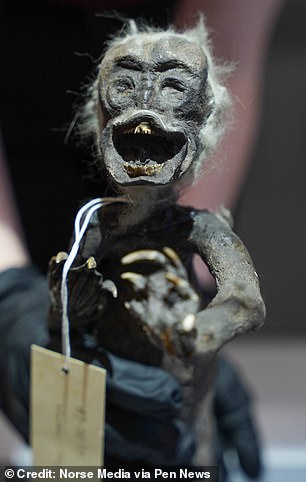
The hybrid could have been made to fit the “Fiji mermaid” legend.
Mermaids were worshipped throughout Japan, with one in Asakuchi found to be made of cloth, paper, fish scales and animal hair.
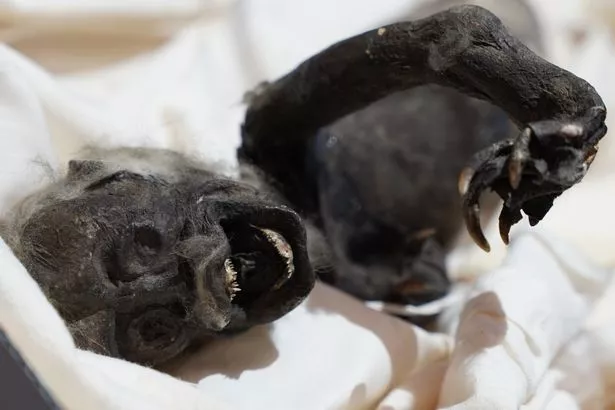
Dr Cress added: “Fiji Mermaids were a part of collections and sideshows in the late 1800s. Some remember seeing it on display in Memorial Hall, the home of the historical society from 1926 to 1986.”
The doctor previously said he believes picking out “slices” of the artefact would be enough to confirm the origins of the “mermaid”.
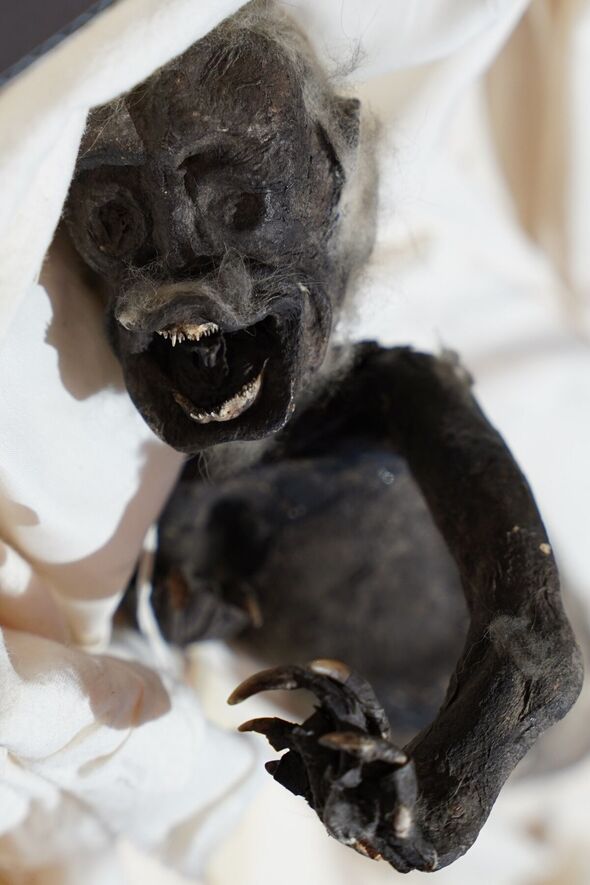
He added: “By doing that it gives us more data. Do those nostrils continue up into what we think is a legitimate nasal cavity, and how deep do they go? Because we can see it front to back and even side to side.
“So we’re doing that to all parts of this Fiji mermaid, not just the head and facial region, but also the thoracic region, and then that tail end.”